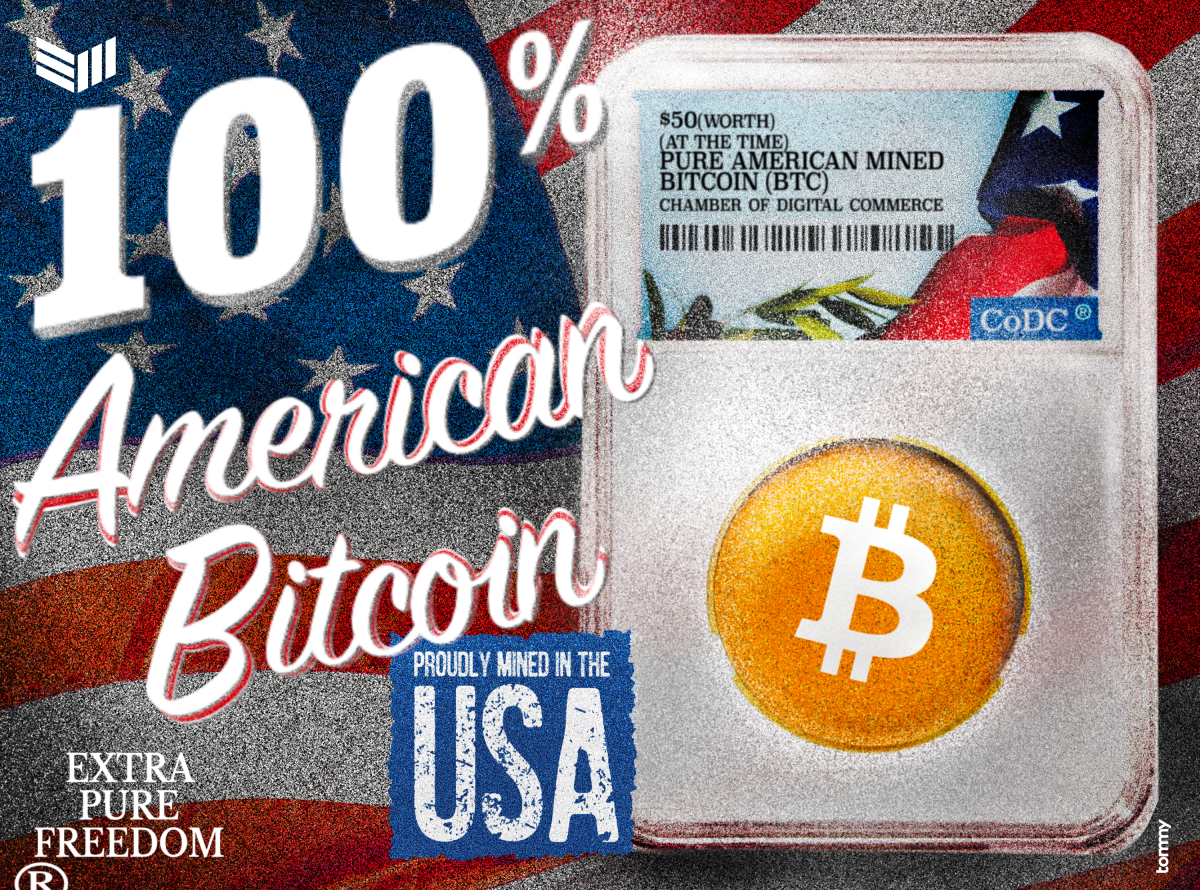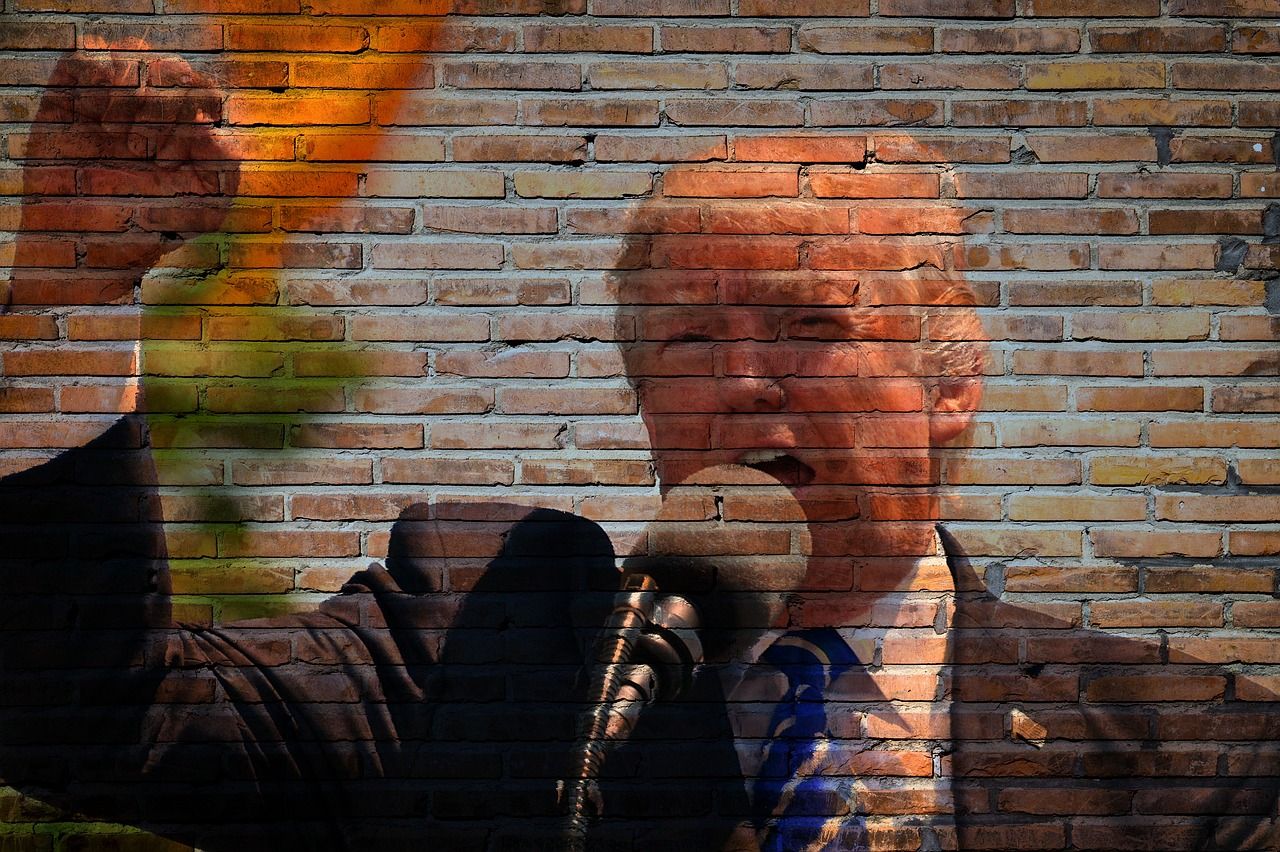This is an opinion editorial by Shinobi, a self-taught educator in the Bitcoin space and tech-oriented Bitcoin podcast host.
Since the mining ban came to China, there has been a massive migration of Bitcoin hash rate to the United States. There have been many narratives and pushes from pro-American Bitcoiners to continue attracting more hash rate to the U.S., including pushing to create favorable regulatory environments for miners here in North America. This has been done under the premise of the historical strength of American property rights, which is a big part of why American capital and equity markets are the biggest in the world.
This is a huge miscalculation and is something that, if successful, will have a huge negative effect on Bitcoin in the long run. The entire game theory around the security of Bitcoin mining is decentralization/distribution. From day one it has been very clearly delineated that a majority (51%) or more of the Bitcoin hash rate can act maliciously in a way that severely degrades or entirely breaks the security of the entire system. They can orphan blocks from other miners, preventing them from even participating in the system to earn revenue in Bitcoin. They can exclude transactions from parties they do not wish to transact, again orphaning the blocks from any miners processing such transactions from the blockchain. They could selectively refuse to process Lightning channel closures properly, they could prevent peg ins or peg outs from sidechains. They can entirely break the censorship resistance of the system and undermine the security of not only the base layer but any secondary layer built on top of it to scale the system.
Miners themselves deciding of their own volition to act maliciously is not the only form that this particular risk takes. They have to set up their operation somewhere, which means — unless they are able to successfully operate illegally and invisibly off-grid, which is not practical at scale — they have to subject themselves to the laws and regulations of the jurisdiction they set up in. Too much of the total network hash rate being in a single jurisdiction represents a security risk to the network as a whole. Think of how much of the hash rate is currently running in the United States, and how much of that is public companies, registered co-hosting facilities, easily locatable businesses and people with enough hash rate at home with a power signature easily identified by a utility company. All of this hash rate is subject to enforcement action from the U.S. government with varying degrees of difficulty. And by varying I mean, everything except individual home miners could probably be trivially accomplished within the span of a single week.
As of December 2021 the Cambridge Bitcoin Electricity Consumption Index shows 38% of the network hash rate as located in the United States. That is 13% shy of the bare minimum necessary to engage in disruptive activity on the network. Bitcoiners should not be encouraging action and legislation to tip this even closer to that inflection point. The United States government is the biggest empire in the world, we literally operate the world’s reserve currency, which is already facing big trouble in the world just due to the political fallout in response to decades of us engaging in a foreign policy centered almost entirely around benefitting America at the cost of harming countless other nations of the world.
Bitcoin is yet another existential threat to that reserve currency and to the benefits of the rest of the world relying on it entails. Things are constantly painted as if America is some shining beacon of freedom in the world that will embrace Bitcoin because of that, and in some ways America is that beacon, but in other ways it is eerily similar to the totalitarian state of China under the thumb of the CCP. The American government has every incentive to attack or capture Bitcoin that China does, even more in the case of the…
Read More: bitcoinmagazine.com









 Bitcoin
Bitcoin  Ethereum
Ethereum  XRP
XRP  Tether
Tether  Solana
Solana  Dogecoin
Dogecoin  USDC
USDC  Cardano
Cardano  Lido Staked Ether
Lido Staked Ether  TRON
TRON  Chainlink
Chainlink  Avalanche
Avalanche  Wrapped stETH
Wrapped stETH  Sui
Sui  Wrapped Bitcoin
Wrapped Bitcoin  Toncoin
Toncoin  Stellar
Stellar  Hedera
Hedera  Shiba Inu
Shiba Inu  Polkadot
Polkadot  WETH
WETH  LEO Token
LEO Token  Litecoin
Litecoin  Bitcoin Cash
Bitcoin Cash  Bitget Token
Bitget Token  Hyperliquid
Hyperliquid  Uniswap
Uniswap  Official Trump
Official Trump  USDS
USDS  Wrapped eETH
Wrapped eETH  Pepe
Pepe  NEAR Protocol
NEAR Protocol  Ethena USDe
Ethena USDe  Aave
Aave  Aptos
Aptos  Internet Computer
Internet Computer  Monero
Monero  WhiteBIT Coin
WhiteBIT Coin  Ondo
Ondo  Ethereum Classic
Ethereum Classic  Cronos
Cronos  POL (ex-MATIC)
POL (ex-MATIC)  Mantle
Mantle  Render
Render  Dai
Dai  MANTRA
MANTRA  Algorand
Algorand